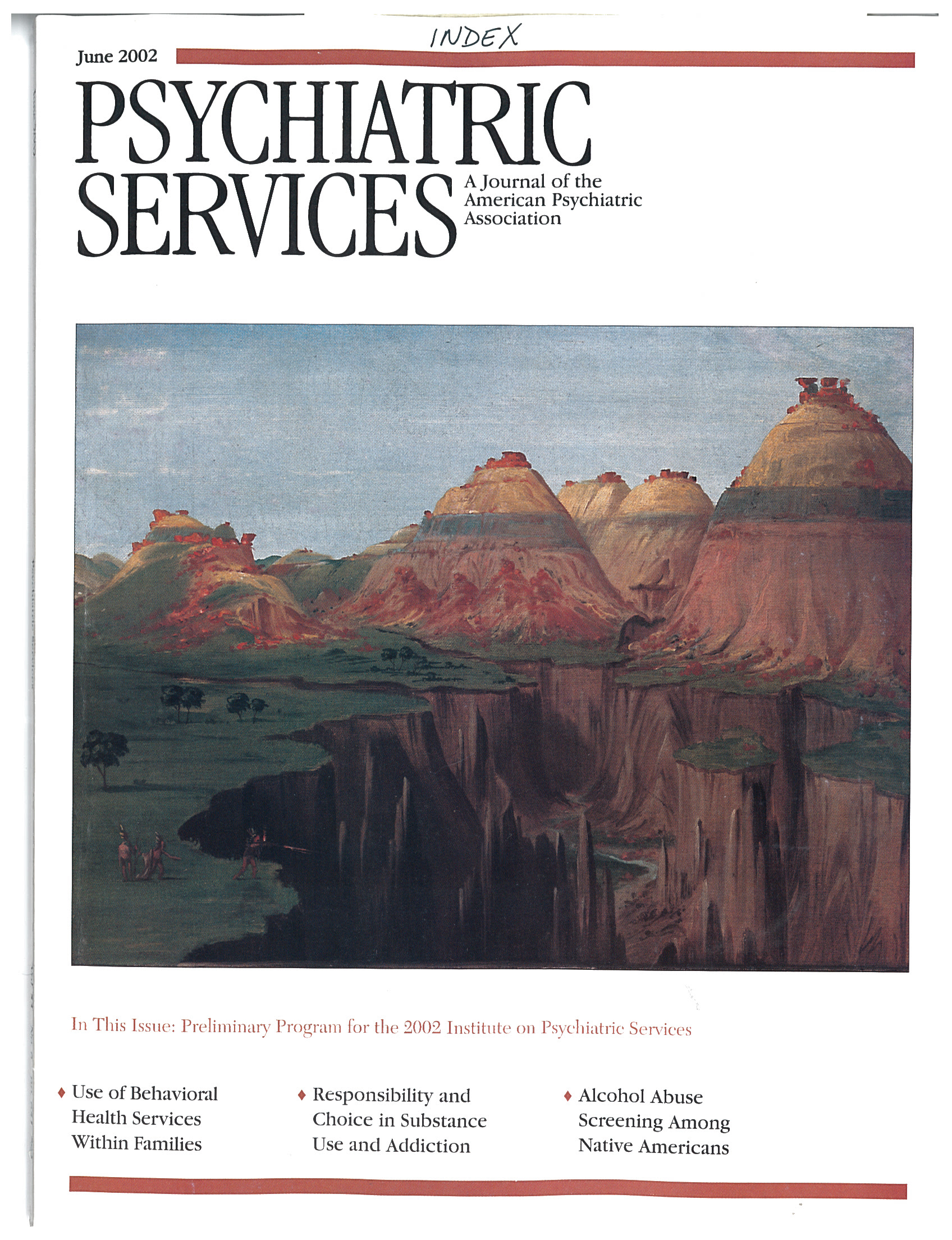Service Use Among Patients With Schizophrenia in Psychoeducational Multiple-Family Group Treatment
Abstract
OBJECTIVES: Outpatient and inpatient mental health service outcomes for outpatients with schizophrenia or schizoaffective disorder who received psychoeducational multiple-family group treatment were compared with outcomes for similar patients who received standard care. METHODS: A total of 106 outpatients with schizophrenia or schizoaffective disorder who were receiving services from a large community mental health center were randomly assigned to receive standard care or standard care plus multiple-family group treatment. The two-year multiple-family intervention consisted of weekly group sessions designed to educate patients and their family members about the biological basis of mental illness and treatment, to improve illness management and coping skills, and to provide social support. The group sessions were conducted by two clinicians using a standardized protocol. Each multiple-family group included five to eight families and consumers. Service records for the year before and after random assignment to the study groups were examined in an intent-to-treat analysis. RESULTS: During the year after random assignment to study groups, multiple-family group treatment was associated with a lower rate of psychiatric hospitalization than standard care. It was only marginally associated with lower use of crisis services, and it was not associated with the amount of outpatient service time. CONCLUSIONS: The findings suggest that implementation of multiple-family group treatment in a capitated community mental health setting improves hospitalization outcomes without increasing the overall volume of outpatient mental health services.



